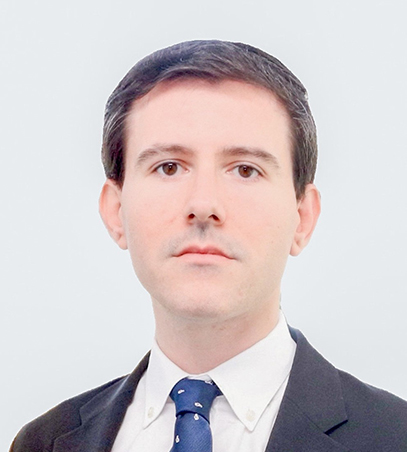Antonio LUCENA-CACACE
Specially Appointed Associate Professor (Full Time)
PRIMe, The University of Osaka
- Related Website:
- ORCID Researchmap Pubmed Google Scholar Twitter/X (@CacaceLucena) LinkedIn KAKEN
Our researchers
PRIMe researchers from diverse fields of study, nationalities, and backgrounds come together and collaborate “under-one-roof” to conduct interdisciplinary and integrative research.

Antonio LUCENA-CACACE
Specially Appointed Associate Professor (Full Time)
PRIMe, The University of Osaka
Cell Cycle Dynamics in Cell Plasticity and Disease
My passion and dedication to expanding the clinical applications of human-induced pluripotent stem (iPS) cells are driven by a deep interest in understanding the fundamental biological mechanisms of development and disease. This motivation is the foundation for all my research efforts, particularly those focused on the control of the cell cycle as a way to influence cell lineage commitment, specification, regeneration, homeostasis, and aging. I am always looking for new ideas to make the most of iPS cells in both basic and translational research.

As a junior PI in PRIMe, I have a particular interest in employing iPS-derived organoid models to replicate biological processes in health and disease states. The potential for regeneration and the predictive capabilities of iPS organoids captivate me, which includes investigating and digitalizing their dynamic responses to various stimuli to create biodigital twins. My goal is to elucidate how disruptions in cellular homeostasis lead to diseases with fatal outcomes or provide avenues for regenerative treatments.
While I was an early career scientist, my research primarily focused on the study of cell cycle dynamics and its role in tumorigenesis. Specifically, I investigated the function of the NAMPT in colorectal and brain tumors. My research concentrated on tumor biology, where I aimed to understand how NAMPT contributed to tumor reprogramming and pluripotency, leading to the maintenance of Cancer Stem Cells that can reconstitute tumor relapses. I found that the biology of tumor plasticity and reprogramming in Cancer shares commonalities with the somatic cell reprogramming that leads to induced pluripotent stem cells (iPS cells). As a postdoc and young faculty, I decided to continue my research in cell cycle dynamics, focusing on how human iPS cells could differentiate into somatic derivatives for regenerative purposes. Since 2018 (Fig.1), I have divided my research into the following five sections: